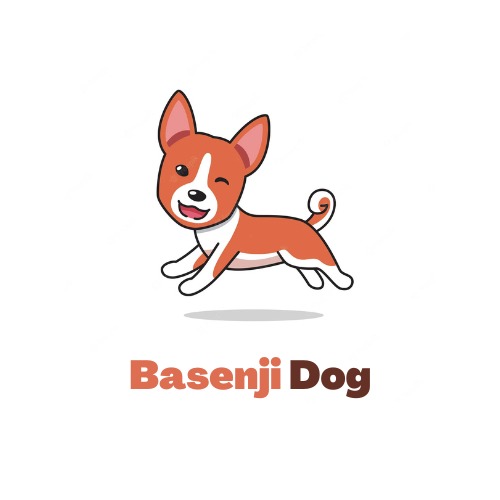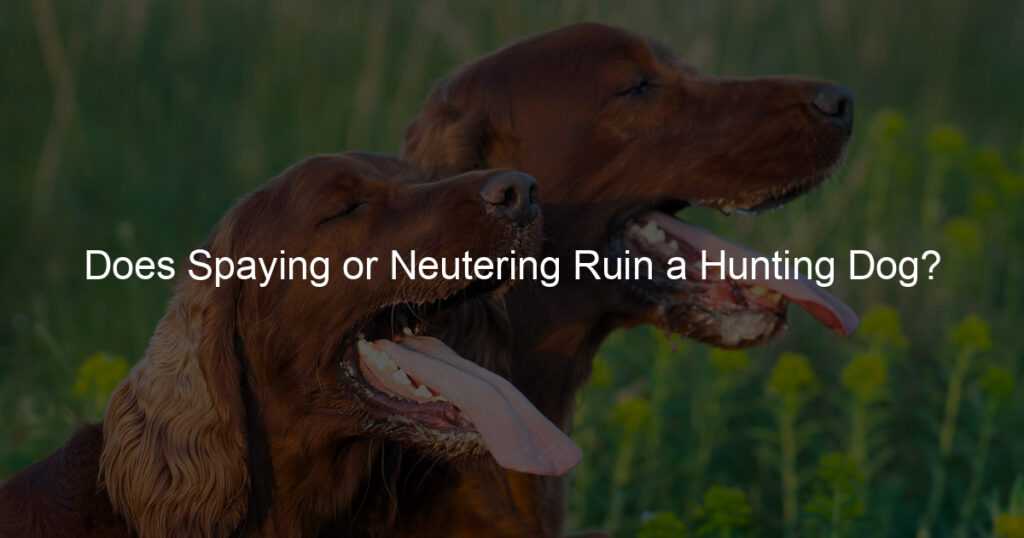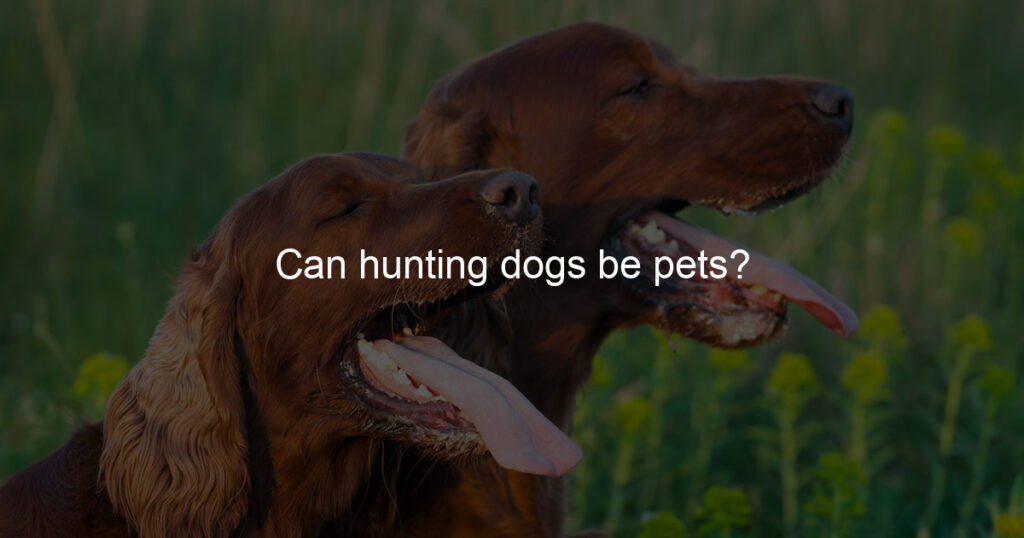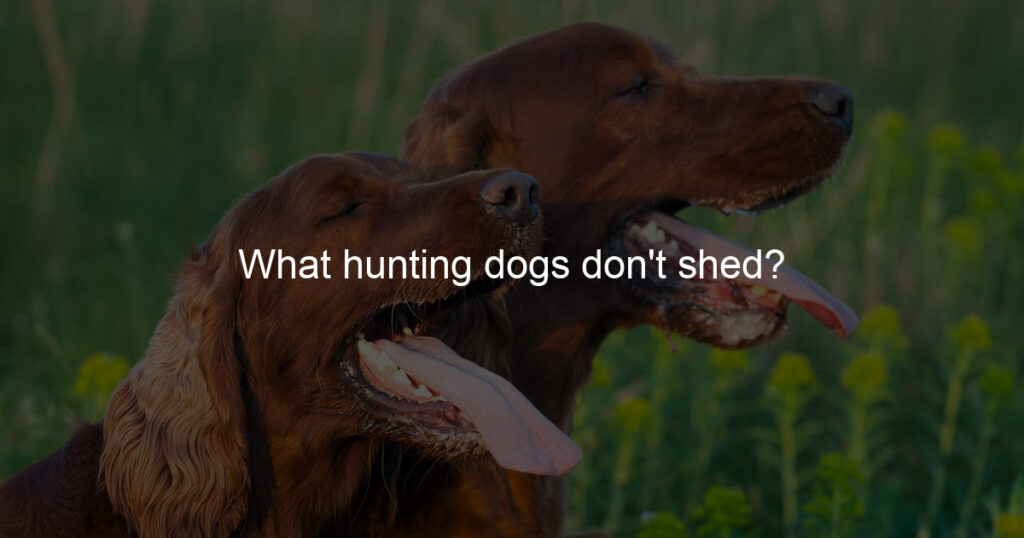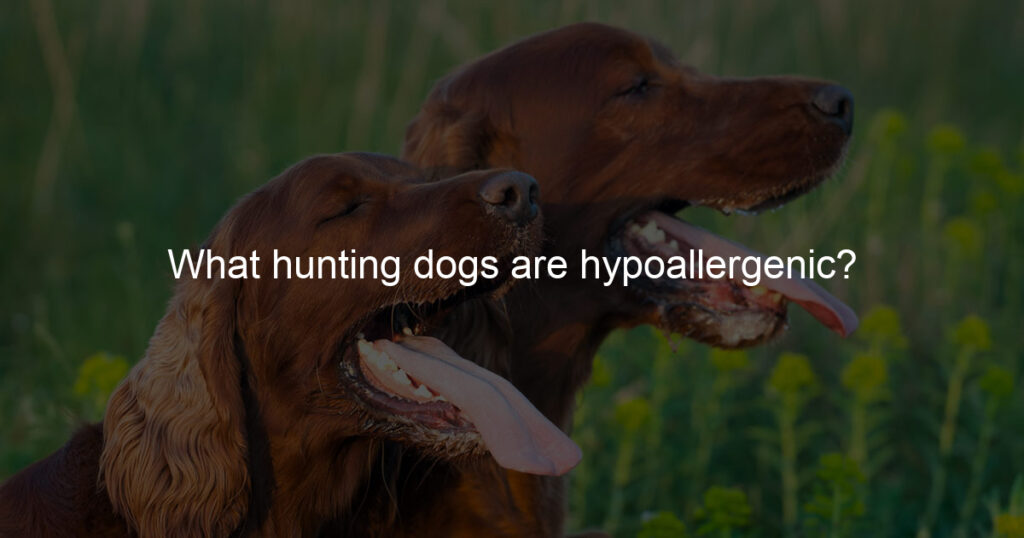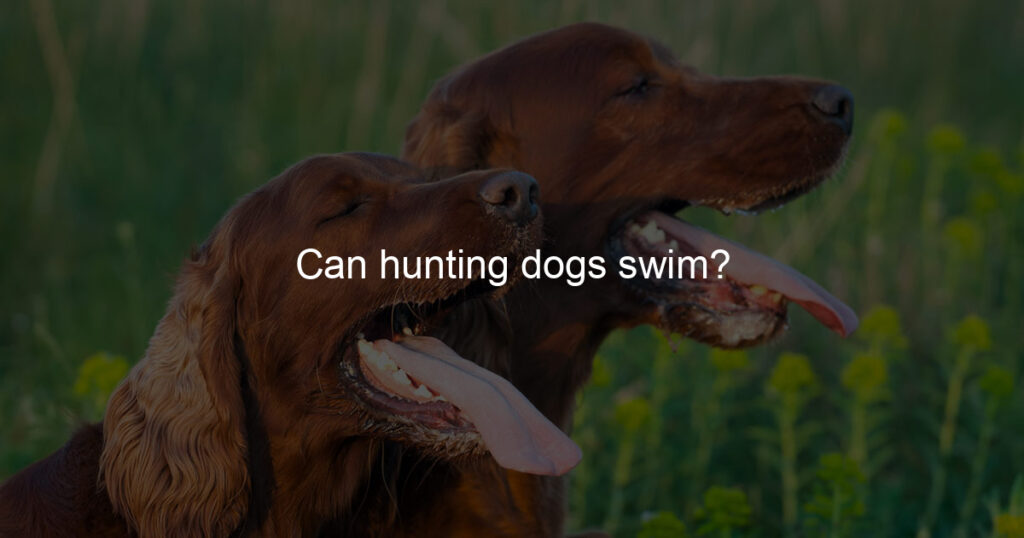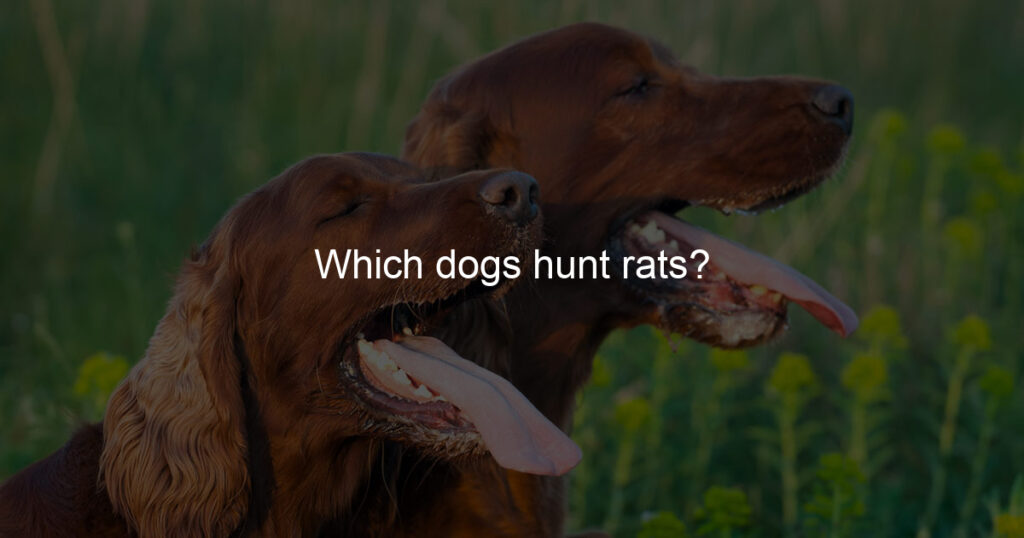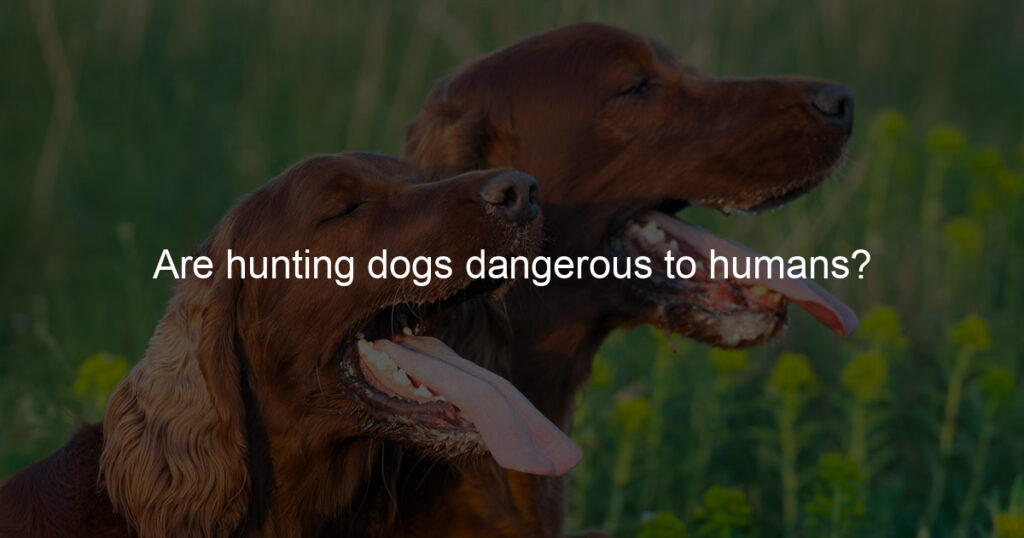When it comes to keeping your hunting dog in peak performance, spaying or neutering is often a contentious issue. While most veterinarians will advocate for pet owners to have this procedure done on their pup and recommend the benefits of doing so, there are still some hunters who worry that these invasive procedures could be detrimental to their dog’s natural ability in the field.
This can lead to confusion and concern as owners try to decide what is best for their hunting buddy. In this blog post, we’ll explore what both vets and experienced hunters have found about spaying or neutering a hunting pup – getting rid of any stigma about how it might affect them adversely!
Will neutering a dog help with prey drive?
Neutering a dog can be a difficult decision for an owner, but in some cases, it may be the right choice when trying to tackle a problem like prey drive. While neutering will not always help with eliminating this instinctive behavior, spaying and neutering can decrease the risk in some instances.
Rehoming male dogs who have been neutered is often recommended by veterinarians and animal trainers alike, as it can help prevent certain conditions or illnesses from developing. Additionally, studies have shown that neutering may decrease aggression levels and make a dog less likely to wander away from home in search of mates.
Ultimately, working closely with your veterinarian or animal trainer is the best way to decide if neutering your dog would help with prey drive.
Does neutering ruin a dog?
The debate between the pros and cons of neutering a pet is a highly controversial one, in which many parties can find their own vested interests. On one end of the spectrum are those who feel that neutering is simply good ownership practice as it prevents unwanted pregnancies, as well as reduces behavioral problems like marking.
Whilst on the other side, there are people who take issue with aspects such as general anesthetics given to perform neutering, potential scarring from the removal of hormones, and some physiological changes due to age-related misalignment between musculoskeletal development and delayed sexual maturity.
Ultimately though, it comes down to much more than just whether neutering ‘ruins’ or ‘enhances’ a dog’s quality of life – rather being based on careful consideration of what best suits both you and your pet before making any decisions.
Does neutering a sporting dog affect performance?
A much-debated subject, neutering a sporting dog can have some effects on its performance. While the effects may be hard to measure empirically and quality research is yet to determine a definite answer, many owners report that neutered dogs display decreased intensity in their activities and less drive.
Generally speaking, an unaltered male was thought to display better scenting ability and a more intense focus on tasks; thus, some owners claim that castration reduces the animal’s performance. However, even this difference is minor when compared to the health benefits of neutering, such as reducing or eliminating certain types of cancer risk.
All in all, if performance truly matters to you in terms of your sporting dog’s activities, it gives you good reason to take matters into your own hands by researching nutrition and training methods before evaluating the effects of spaying or neutering your pet.
What is the best age to neuter a hunting dog?
Deciding the best age to neuter a hunting dog, also known as gonadectomy, is an important consideration for any dog owner. Although there are guidelines for the appropriate timing of this procedure, the specific age depends on a variety of factors such as the size and breed of your pet.
In general, it is recommended that hunting dogs be neutered between 6 and 12 months old. This period of time allows them to become physically and mentally mature enough to handle any changes after the surgery. Of course, consulting with your veterinarian about your specific dog is key in determining the best age for your pup’s gonadectomy.
Ultimately, neutering a hunting dog can help reduce irresponsible breeding practices, decrease hostilities between male animals, and improve overall canine health.
What are the benefits of not neutering your dog?
Keeping an intact dog can be a fulfilling and enjoyable experience, but there are many reasons why not neutering your canine companion may not be the best choice. For example, unneutered male dogs have more tendency to wander away from home in search of females to mate with and this often leads to safety concerns due to potential threats posed by traffic or other animals.
An unspayed female dog may become pregnant and leading to the difficult decision of whether to raise the litter or find them new homes. Also, intact male dogs can present behavior problems such as being overly territorial or aggressive towards other animals while unspayed females may go into heat which can result in loud vocalizing, destructive behavior, or inappropriate urination behaviors.
Despite these challenges, spaying and neutering can help prevent health problems in later life as well as reduce the pet overpopulation crisis so it is important for owners to understand all the risks and carefully consider whether neuter is right for their breed.
Summary
All in all, the decision of whether to spay or neuter a hunting dog is an individual choice. An owner must consider the breed of dog, its characteristics, and expectations before making a decision. Depending on the breed and individual traits, spaying and neutering can either help or hinder a hunting dog’s ability to work in the field.
Dog owners may require assistance from their veterinarian to weigh the pros and cons of their pet’s specific situation. With proper knowledge and training, it is possible for your hunting dog to be an efficient sporting companion—whether they have been spayed or neutered or not.
Every pet is different! Therefore, it is important to consult with both experienced hunters and vets when making decisions regarding any type of invasive surgery.
